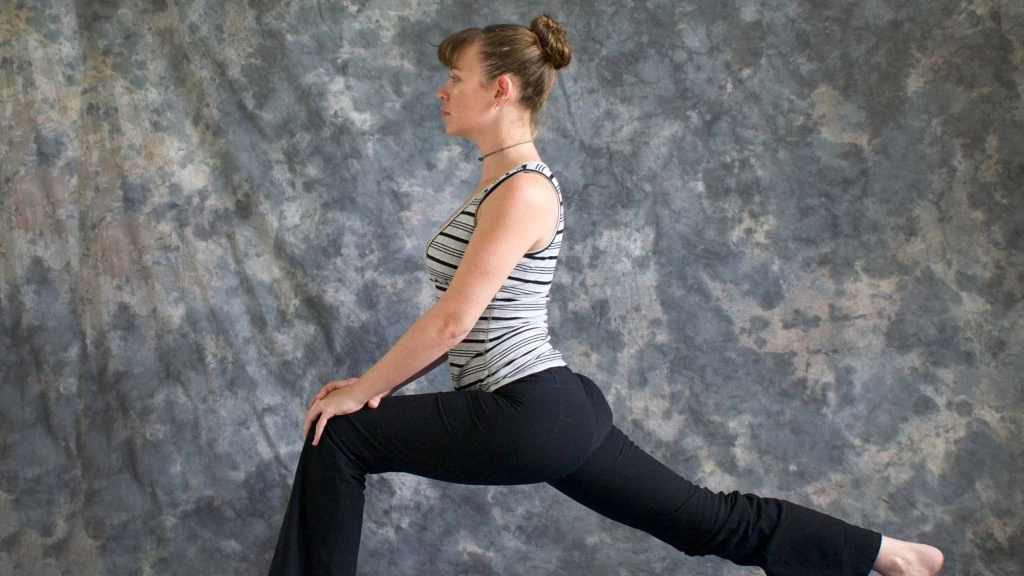The Truth About Back Pain—It’s Not Always What It Seems

Herniated discs are one of the most common diagnoses for back pain, and surgery is often the treatment of choice. However, the causes of back pain are often more complex, arising from a variety of interacting tension or injury patterns in the soft tissues. For this reason, natural, holistic therapies—including yoga for back pain—can often be highly effective at resolving the issue and produce measurable, long-term results—without the physical trauma of surgery.
Back or neck pain sufferers are frequently diagnosed via MRI’s, which may show a bulging or even rupture of the intervertebral discs, i.e. the soft cushioning tissue between the vertebrae. Doctors often recommend surgery to help correct the condition and relieve the pain. But, strangely, even though there would seem to be a one-to-one relationship between a ruptured disc and back pain, in reality it’s not that simple.
A decade ago, a study published in the New England Journal of Medicine produced some very surprising results. Researchers selected ninety-eight subjects who did not have back pain or any related symptoms and sent them to have MRI scans. Sixty-four percent of the healthy test subjects had disc problems that would have made them prime candidates for surgery—but they had no pain!
Over half of the subjects had herniated discs and a large percentage of those people—who, again, had no pain—had problems like spondylolysis (breakdown of spinal bone tissue), spondylolisthesis (slipped vertebra), and stenosis, a narrowing of the spaces in the spine. The researchers were forced to conclude that the presence of herniated discs in patients with back pain was, more often than not, coincidental. This would also explain why, in some cases, surgery for a ruptured disc fails to provide relief. Even though there is some degree of disc injury present, that is not necessarily the cause of the pain.
But while a herniated or bulging disc may not be the source of back pain, it’s still a degenerative condition that needs attention. Luckily, healing without surgery is possible; natural remedies for back pain that stimulate soft tissue healing, including yoga, exercise or deep tissue massage may at time be sufficient to resolve the issue. In particular, yoga for back pain (done with a professional yoga therapist) is a safe, effective treatment for both herniated discs and back pain or discomfort.
A recent study tried natural remedies for back pain with twenty-four patients with cervical disc herniations. These patients had serious pain, as well as nerve impingement like numbness and tingling in the arms. All of them would have been optimal candidates for surgery, but they underwent a course of exercise instead.
At the end of the study; 22 out of the 24 people in the exercise group had “good or excellent” outcomes and 19 returned to work at the same job. Keep in mind, these were people with serious pain and nerve impingement. In fact, only two subjects eventually required surgery.
While this study used a generalized exercise protocol, yoga has proven particularly useful for back pain, because of its slow, long stretches that are ideal for resolving tension patterns in the muscles and connective tissue.
In short, the causes of back pain are complex, but treating it could be just a few yoga stretches away. While surgery may be the best option in some cases, some people might want to try out natural treatments for back pain like yoga for back pain relief before opting to go under the knife.



